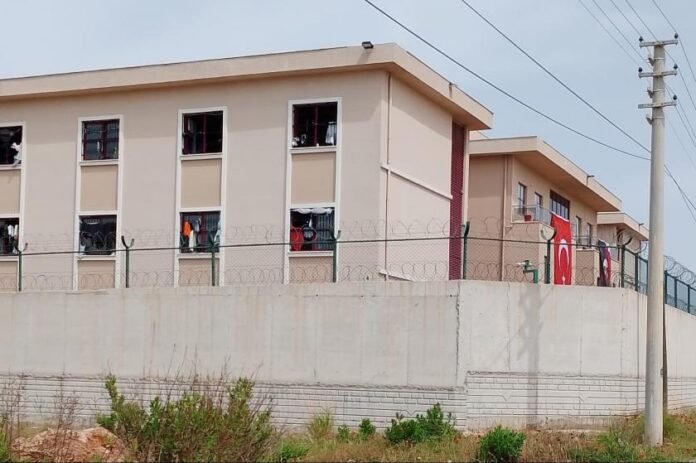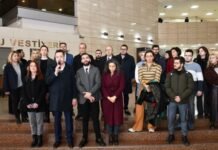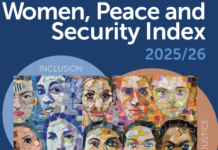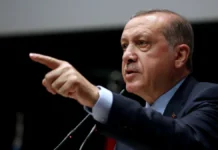A Syrian refugee in Turkey was temporarily denied critical HIV treatment due to bureaucratic hurdles, sparking concerns about human rights violations and public health policy.
Ahmed Aabo, who fled the Syrian civil war in 2011 and was granted temporary protection status in Turkey, discovered he is HIV positive after donating blood to the Turkish Red Crescent. Aabo began to receive treatment at an İstanbul hospital.
However, his temporary protection status was deactivated soon afterwards under the G-78 restriction code, a measure for foreigners considered public health threats due to infectious diseases.
Due to a geographical limitation Turkey retains on the 1951 Geneva Convention on refugees, Syrian refugees in the country do not have official refugee status; instead, they are granted temporary protection status, which provides limited rights and is subject to change, often influenced by political and social pressures. Turkey was hosting nearly 3.1 million Syrian refugees who have fled civil war and were registered under temporary protection as of February 2024, according to official figures.
The deactivation of Ahmed’s status has barred him from accessing essential HIV medication. His lawyer, Hasan Kocapınar, reported that Ahmed’s condition worsened after he was detained and transferred to various repatriation centers across Turkey, including in Adana where he was unable to get his medication.
Kocapınar filed a lawsuit to halt Ahmed’s deportation and managed to get him transferred back to İstanbul, where he resumed his treatment. However, the interruption had already severely impacted Ahmed’s health.
“Denying Ahmed his right to treatment is a human rights violation,” Kocapınar stated. “We will pursue all necessary legal avenues to restore his rights.”
The G-78 restriction code, intended to mitigate public health risks, has been criticized for its stringent application in Ahmed’s case. Human rights advocates argue that such measures should not override the fundamental right to health and life.
Ahmed’s situation remains critical as he is currently held at the Arnavutköy Repatriation Center, where access to his medication is limited. Kocapınar stressed that Ahmed only has a three-month supply of medication left and urged the migration authorities to address the issue promptly.
Kocapınar warned that deporting Ahmed back to Syria would endanger his life, especially given his condition, which could make him a target for extremist groups. He called on Turkish authorities to honor international agreements and ensure Ahmed receives the necessary medical care.
In recent years, there has been a significant increase in anti-migrant sentiment toward Syrians, leading to a series of violent attacks on Syrian refugees in Kayseri on June 30, where locals targeted their homes, workplaces and vehicles. The unrest quickly spread to other cities. In Gaziantep on the Syrian border, groups chanted nationalist slogans while vandalizing Syrian-owned vehicles and businesses. In response to the violence against Syrians in Turkey, protests broke out in Syria’s northwestern regions controlled by Turkey earlier this month. Protesters attacked Turkish trucks and pulled down Turkish flags.















